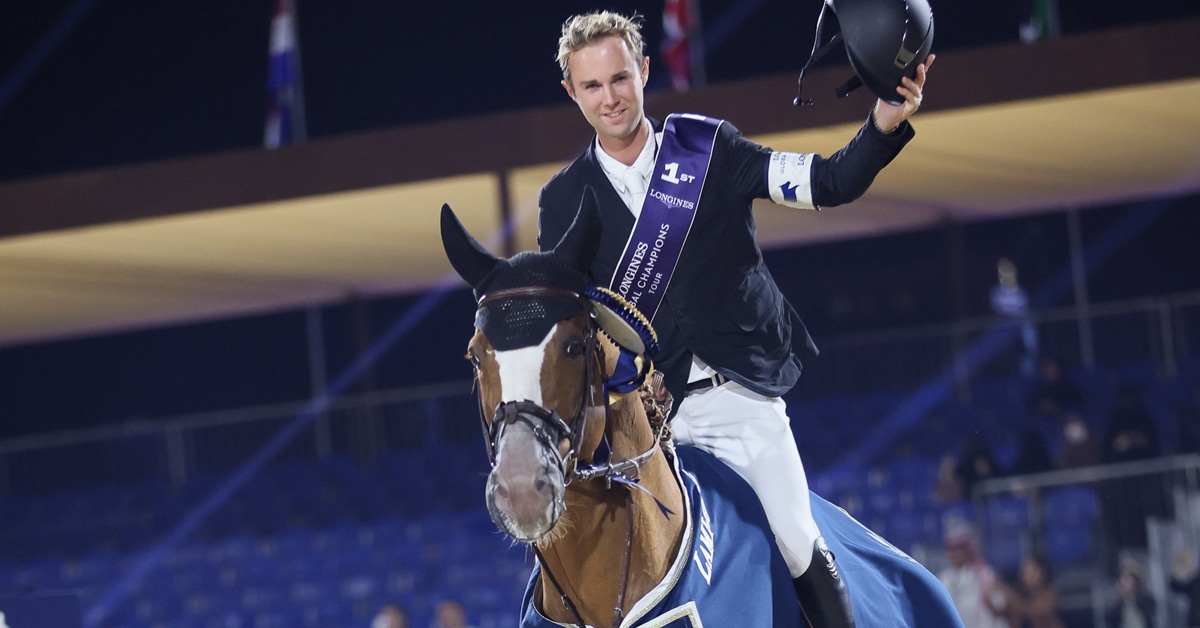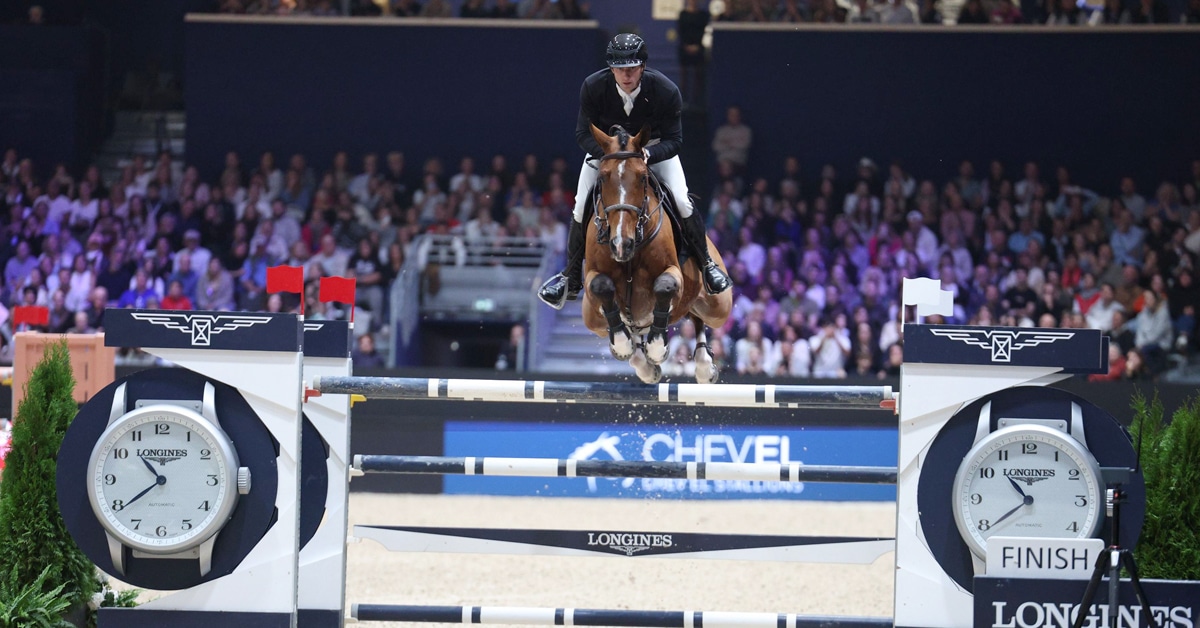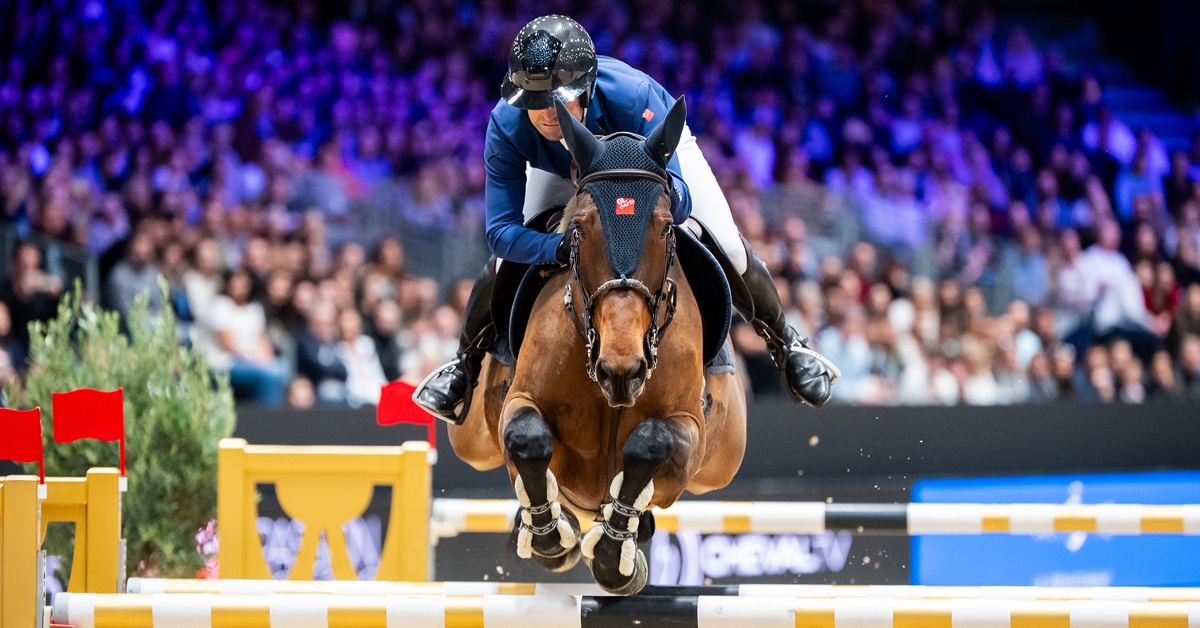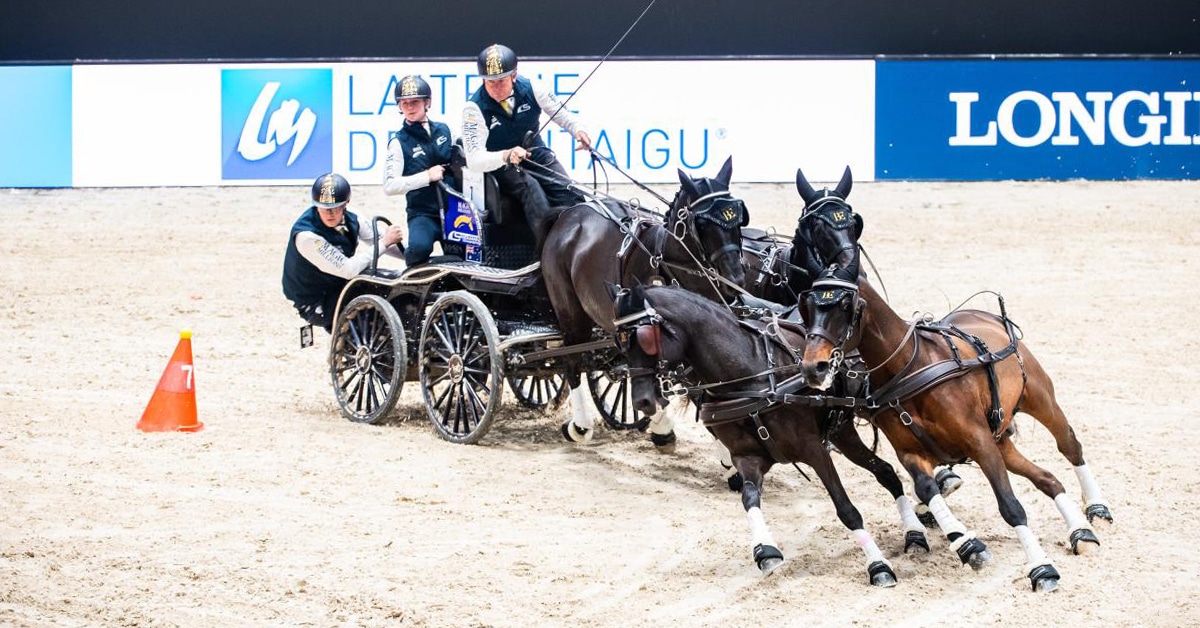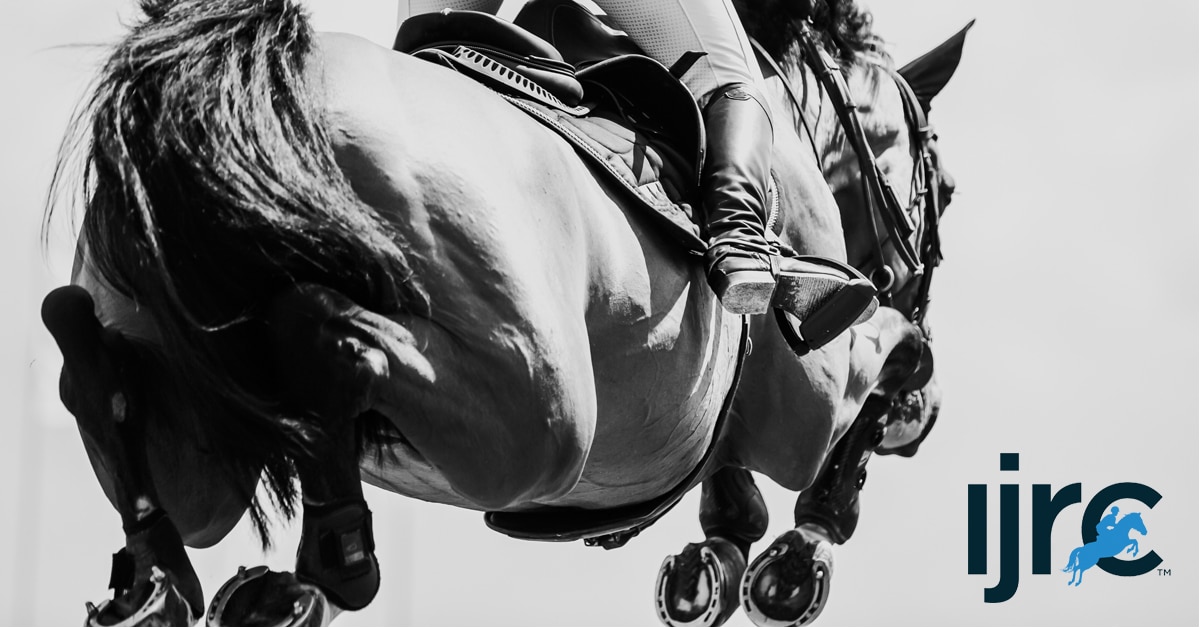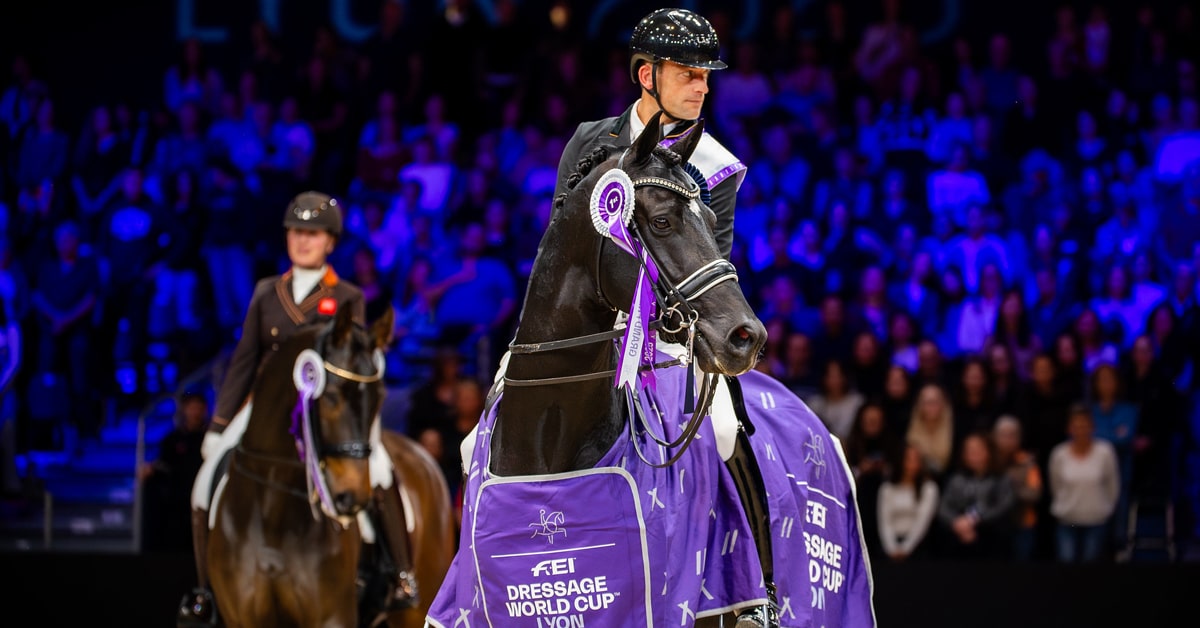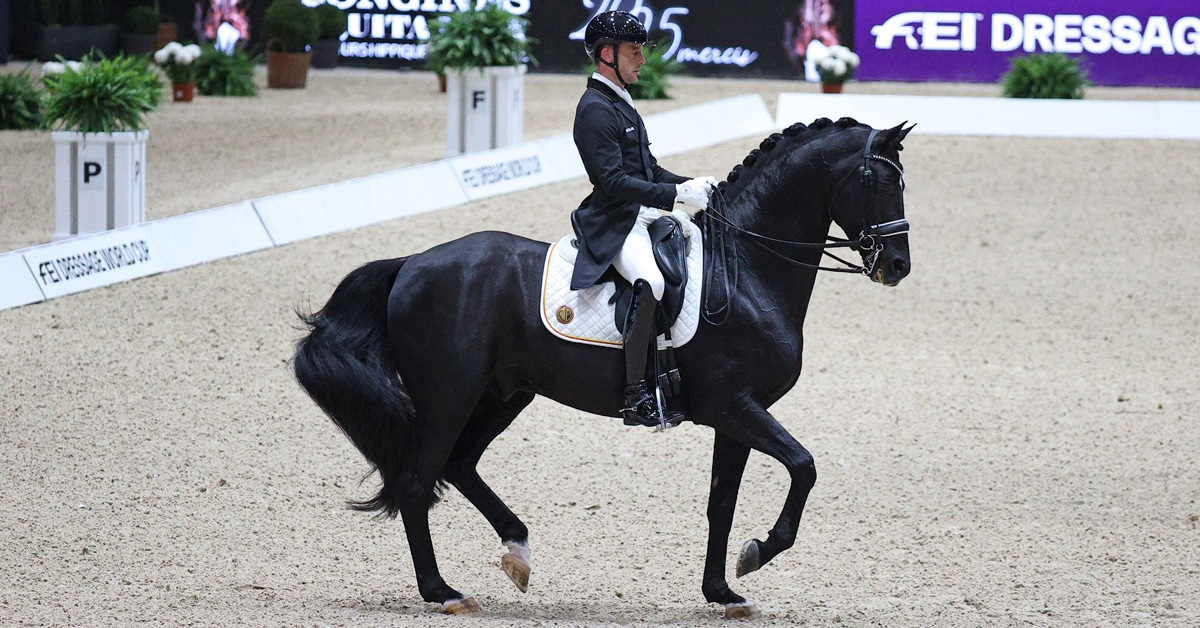Jumping shows at the centre of the Olympic qualification controversy have had hundreds of their 2* rankings points annulled after the FEI admitted on Monday (February 17) that some schedules were mistakenly approved by FEI HQ.
The decision means Sri Lanka’s Mathilda Karlsson loses her individual place at Tokyo ‒ now restored to the original contender, Hong Kong’s Kenneth Cheng. However, two other riders perceived to have benefitted from a drastically reduced entry at their qualifying events have still won enough points to remain at the head of their regional group and keep the Tokyo tickets ‒ Ahmad Hamcho (Syria) and Ibrahim Bisharrat.
HorseSport.com originally brought the topic to light last month, after learning the FEI had received complaints about the structure of late-added 2* tours at Villeneuve-Loubet, France, and Damascus, Syria, in December. Both venues strictly limited entries and excluded some neighbouring countries. One show even took place on Christmas Day.
After the December 31st deadline for Olympic qualifying, the French venue staged further similar shows in January contested by many of the same small handful of riders, including the venue owner’s son Andrea Herck. All significantly improved their Longines world rankings before the launch of the new FEI merit-based CSI invitation system on February 4. One rider won Longines world ranking points with a 28-fault round, and some ranking classes were contested by just five horses.
On Monday, the FEI announced that, contrary to Article 110.2.3 of the FEI General Regulations, two competitions counting for the Olympic and/or Longines Rankings were added at six shows during December and January at Villeneuve Loubet, after the close of Definite Entries. The amended schedules were submitted to the FEI by the French National Federation and “mistakenly approved” by the FEI. These results have been annulled, with the Olympic and Longines rankings amended accordingly today (February 17.)
The FEI found that shows staged in Damascus between October and December did not breach entries Regulations, but there was “irregularity” involving excess prize money at three shows which had also been “erroneously approved” by the FEI. One competition from each of the three shows has been annulled to bring prize money within the specified limit, meaning that Hamcho and Bishharrat lose some points, but not enough to impact on their region’s Tokyo allocations.
Last week the FEI announced that Jumping Director John Roche will retire at the end of this month. Capt. Roche, 65, was widely understood to be leaving after the 2020 Olympic Games, following 32 years with the FEI. Until a successor is appointed, FEI secretary-general Sabrina Ibanez will oversee the jumping department’s day-to-day business. Capt. Roche’s deputy, Deborah Riplinger, also due to retire in August, will remain until the end of 2020 and jumping committee chair Stefan Ellenbruch will be at Lausanne HQ on a monthly basis. Two new positions are being created, Department Manager and Manager of Officials, to support the Director role. The FEI told HorseSport.com discussions about restructuring his department began last year, due to its heavy workload, and declined to comment if the immediate changes were connected to the rankings dispute dispute.
A key flaw in the rankings formula is that points are awarded down to 16th place irrespective of the number of starters. Kevin Staut, IJRC president, has asked for an urgent meeting with the FEI to review the formula. As yet, HorseSport.com has been unable to establish if any amendments can apply immediately or will have to wait to 2021.
Before the announcement, World number one show jumper Steve Guerdat called for the annulment of the rankings points saying: “The FEI needs to take their responsibility. They have approved the schedules for these events.
“The FEI General Regulations clearly state that athletes should be competing against each other under fair and equal conditions. This has not been the case at these events. Should a Grand Prix with five riders competing really be counting for the world ranking and the Olympic ranking?
“Not only is this abuse of the FEI’s own regulations; it is not in compliance with the spirit of fair play – nor in compliance with the Olympic spirit.”
Prior to learning the FEI’s decision, Villenueve owner Andre Herck sent this correspondent lengthy emails giving examples of other CSIs around the world with under-subscribed classes where full rankings points were awarded. He says much other conflict of interest goes unchallenged in the horse world.
He said he has been at odds with the French equestrian federation and other individuals involved in running French equestrianism since he bought Villenueve ‒ then over 1m euros in debt ‒ in 2008. Herck had no previous involvement in horses. He said his first experiences of running CSIs were so alarming ‒ “degrading” behaviour from riders, theft and vandalism ‒ that he stopped staging them in 2010. When shows resumed in 2014, he claims rider behaviour resulted in the police being called.
Herck has still declined to explain his rationale for so drastically limiting invitations to his December and January shows or to explain why extra rankings classes were added after the close of entries. He said some critics had not been clever enough to realize that scheduling this kind of show was allowable under FEI rules. Herck added: “In all activities in the world, if you respect perfectly the rules everybody has to say ‘congratulations, you found a hole,’ and not just try to create trouble because they are not happy that somebody has been clever.”
More News
